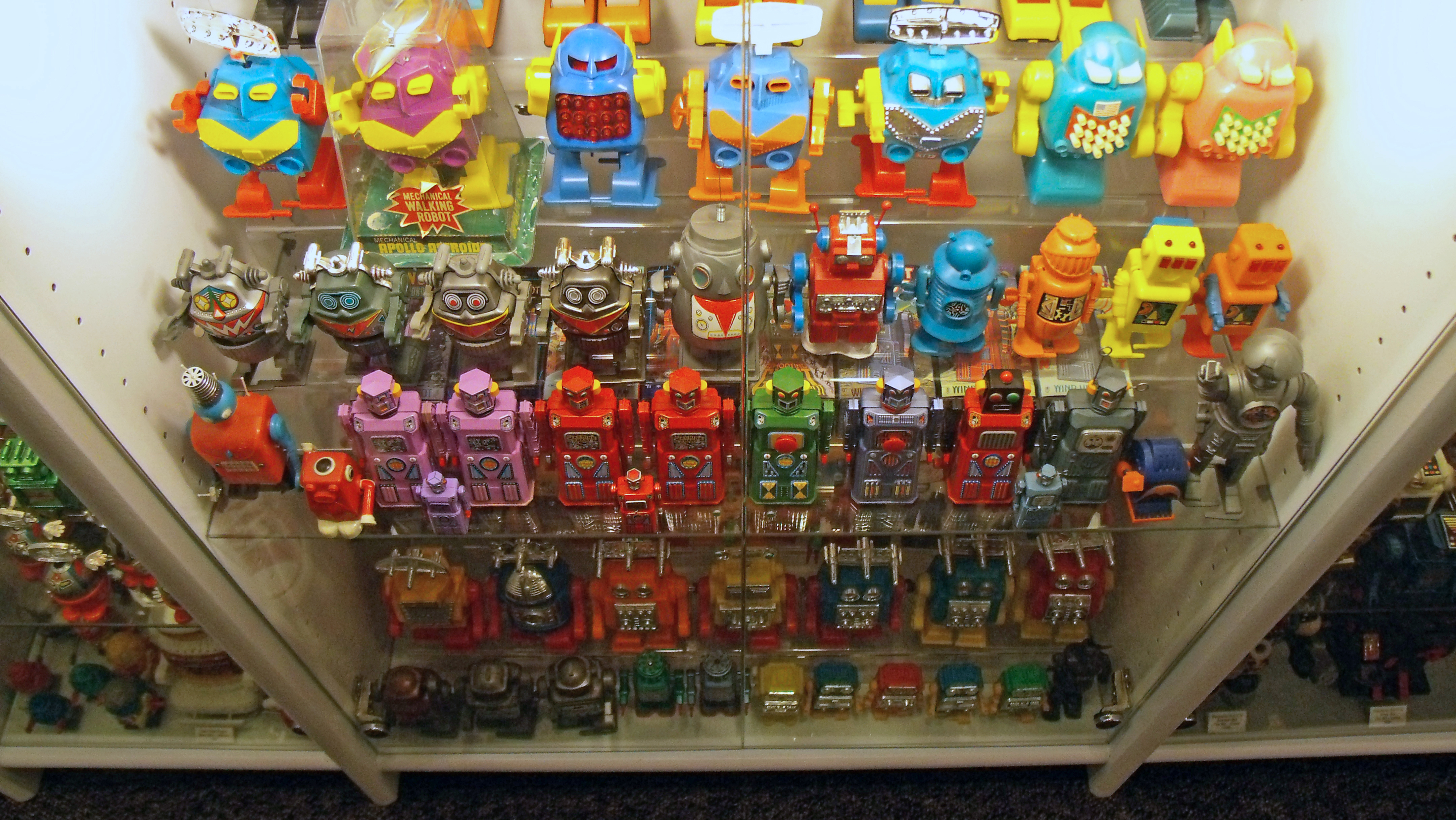Knowing how you sound in Japanese is very difficult. For the first few months of study, perhaps even the first few years, the best you can hope for is to imitate sensei (先生, teachers) and tomodachi (友達, friends), geinōjin (芸能人, celebrities) and kishō yohōshi (気象予報士, weather forecasters).
Well, maybe not that last one. The anaunsā (アナウンサー, newscasters) in Japan, including the weather lads and lasses, are incredibly precise with their language. They are excellent models for bunpō (文法, grammar) and tango (単語, vocabulary), but you may end up sounding more robotic than usual if you follow their intonation.
At the beginning of their Japanese studies, many students sound a bit robotic by necessity. Precision is the name of the game when you're starting out and you need to make sure you hit every syllable in every word just to get fed: "Onigiri wo mittsu kudasai! (おにぎりを三つください!, Three rice balls, please!)"



















With your current subscription plan you can comment on stories. However, before writing your first comment, please create a display name in the Profile section of your subscriber account page.